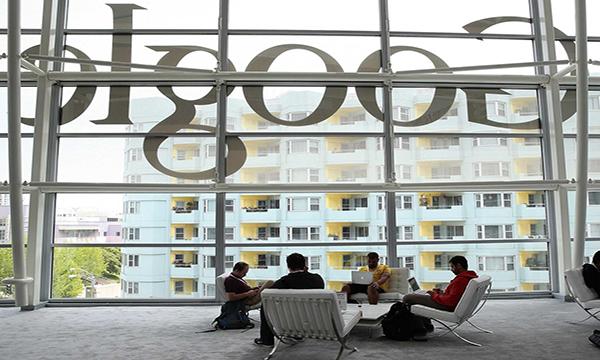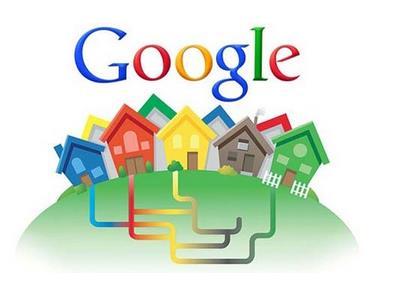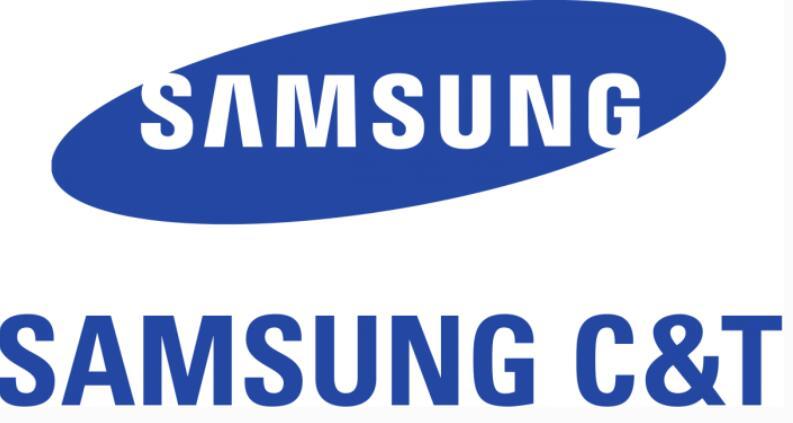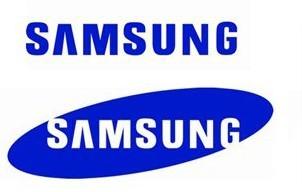Google fundamentally reshapes how we access and retain information. Its search engine became our primary external memory. We remember less information itself. We remember better how and where to find it online. This shift is significant. People now recall website locations or precise search terms. They often forget the actual facts or details. This changes learning and knowledge retention.
(How has Google changed the way we remember?)
Convenience drives this change. Answers appear instantly with a simple query. This reduces the need for deep memorization. Why remember a historical date when Google retrieves it in seconds? Why memorize a recipe when it’s always available online? This ease affects factual knowledge across many areas. People rely on the internet as a constant backup.
This reliance has consequences. Constant access might weaken natural memory muscles. Some studies suggest frequent internet searching can make recalling information harder over time. People might struggle to remember things without an online prompt. Information feels disposable. We know we can always look it up again later. This impacts how we value and retain knowledge.
Google also influences what we collectively remember. Popular search results shape public understanding of events or figures. Information ranking affects perceived importance. Widely searched topics gain prominence. Lesser-known facts fade without strong online visibility. Digital visibility defines historical or cultural significance for many users. Our shared memory increasingly reflects search engine algorithms.
(How has Google changed the way we remember?)
Social interactions changed too. Debates often end with someone saying “Google it.” Facts are verified or disputed instantly online. Conversation flows differently. The need to recall information collaboratively diminished. The focus shifted towards finding information quickly together. This alters how groups build shared understanding. The process is more transactional now.





